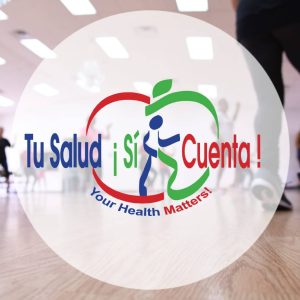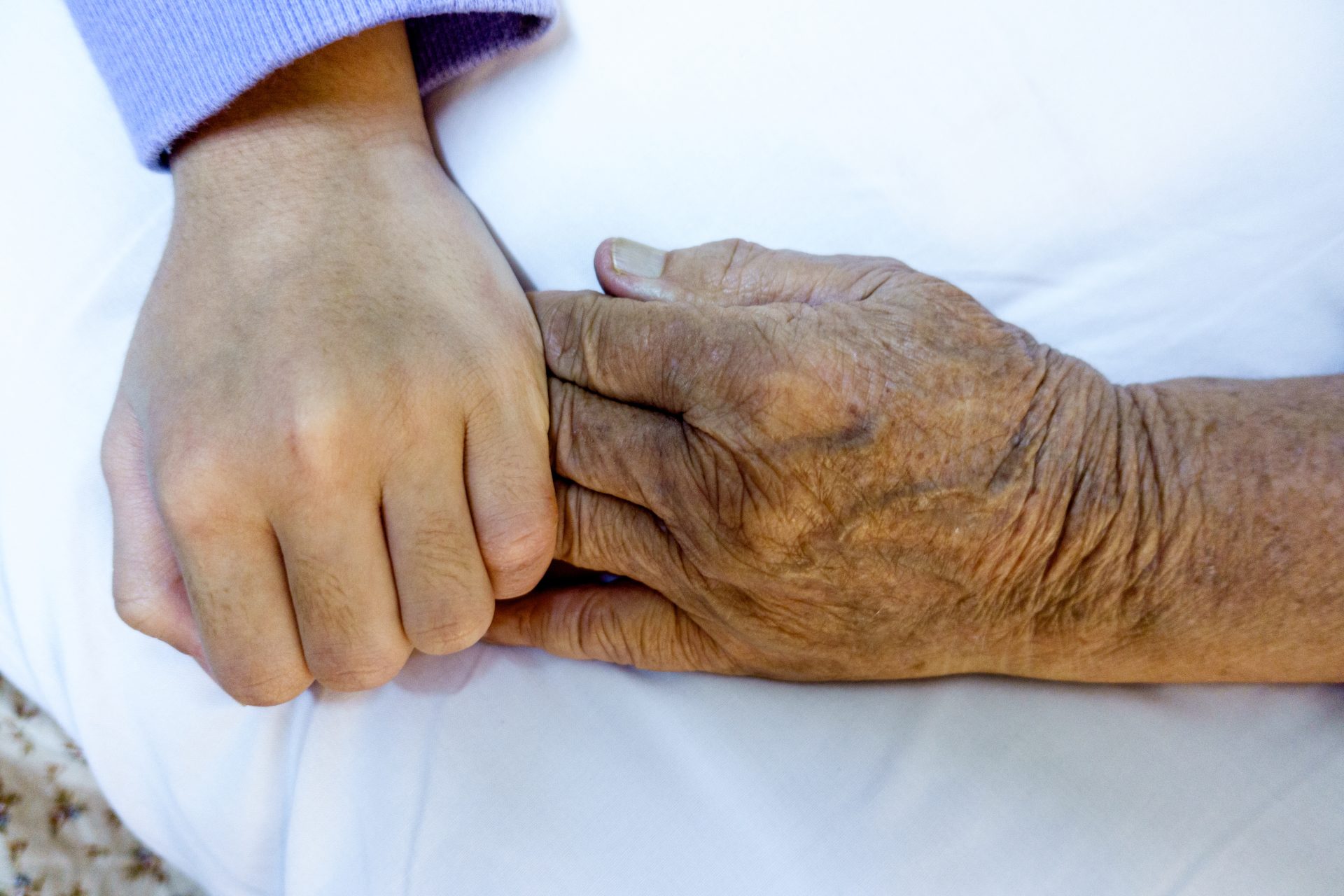|
Only have a minute? Listen instead
Getting your Trinity Audio player ready...
|
When my father was many years into living with Parkinson’s disease, he had lost his speech, his ability to walk, to write, and so much more. For most of his eight decades of life he was an accomplished world traveler, author, pilot, humanitarian, anthropologist, as well as a loving husband and father. It was shocking to see him lose so much — struggling to communicate verbally and having to be fed and assisted with his most basic needs.
What always brought a genuine smile to his face, and renewed strength to his body, was interacting with his grandkids. He could go from being a seemingly unfamiliar, withdrawn, expressionless person sitting in a wheelchair, to the engaged, smiling, interactive father I grew up with, literally within minutes of his young grandchildren coming into the room. They were the spark that kept him living — better than any therapy or medicine or even my mom and my attempts to perk him up. Being around young children, observing them, interacting with them, allowing them to push his wheelchair, climb onto his lap, read to him and show him their drawings, undoubtedly improved his quality of life by leaps and bounds.

The benefits to my able-bodied mother were tremendous as well. She was more physically active when the kids were around, and prepared and ate more nutritious meals. She was better able to manage her anxiety when she spent longer periods with the kids. They got her outside in her garden, playing hide-and-seek and going to the park. Her stress around caregiving for my dad was greatly reduced when she was able to enjoy her grandkids.
Of course, the benefits to my children were also great. They learned empathy by helping to care for their grandpa, and increased their verbal skills interacting with their grandma who engaged them in hands-on activities, played board games and read to them. This also gave them more compassion for the barriers people with disabilities face navigating our society.
This is not an unfamiliar story. There are many scientific studies showing the importance of intergenerational contact, and the health benefits to the elders and the young.
Fortunately, in our community this intergenerational connection is highly valued, and many families still gather weekly for meals that involve everyone, from babies and teenagers to grandpas and tias.
These connections do more than give us a chance to enjoy family recipes and gossip. There is more and more evidence that intergenerational engagement, familial or otherwise, improves cognitive, behavioral and other health outcomes in the elderly. These include reduced depression and anxiety, increased physical activity, physical functioning, memory, executive function, and socialization.
We need to create, maintain and prioritize new opportunities for intergenerational connections, and find creative ways to connect seniors and young people. The places and spaces where this happened historically, like religious gatherings and multiple generations living in the same home, are becoming less common. These connections are crucial and create health and improve quality of living for all ages, because “Tu Salud ¡Si Cuenta! (Your Health Matters!).
Lisa Mitchell‑Bennett is senior project manager at the UTHealth Houston School of Public Health Brownsville Campus.






